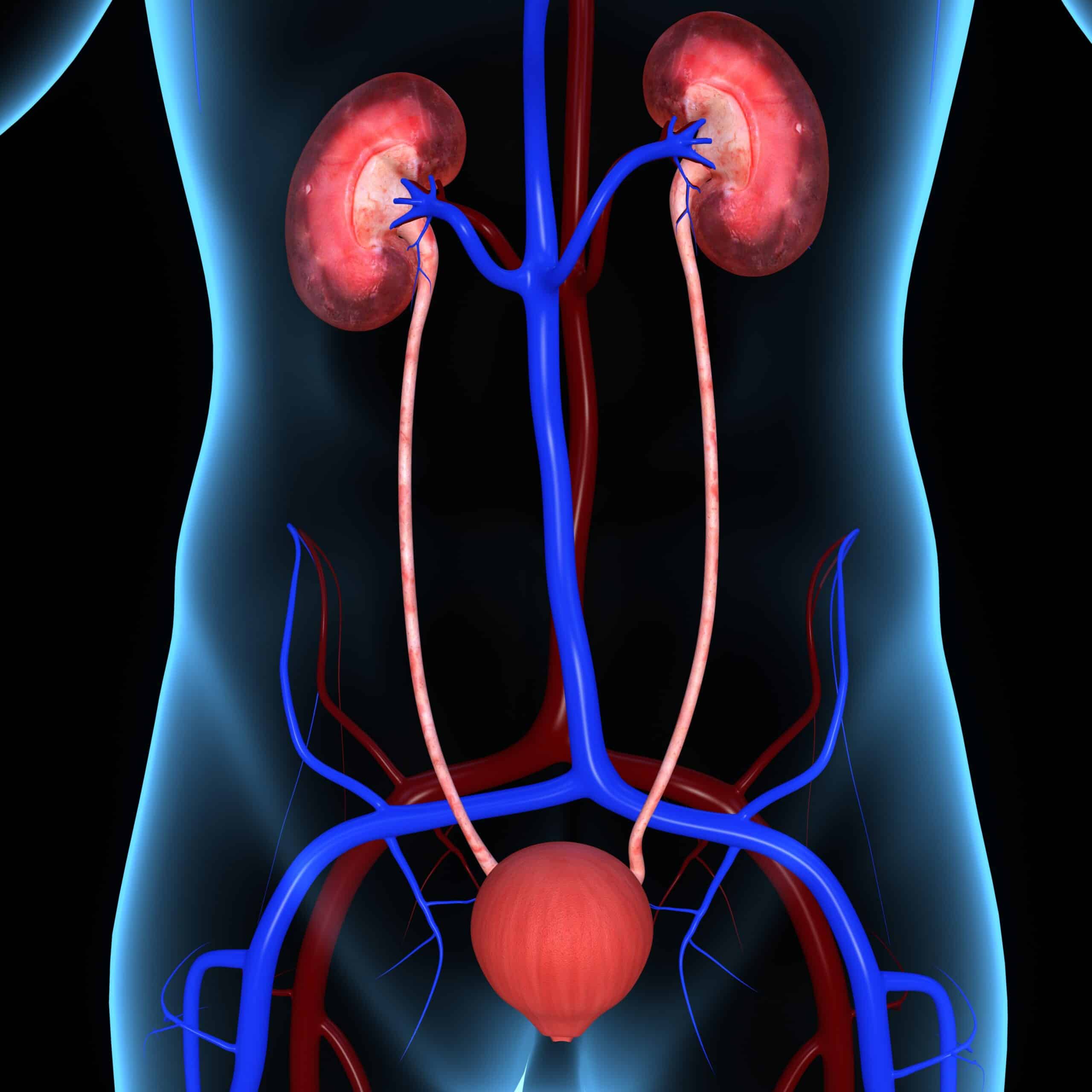Enzymes present in the liver and kidneys limits activity of a molecule that plays roles in cell metabolism and longevity, research suggests that blocking this enzyme may be a way to preserve the health of these organs.
NAD+ is considered to be the anti-aging molecule as research has shown levels decline with age and restoring them can extend years of good health and longevity. Nicotinamide adenine dinucleotide plays important roles in several biological processes that help cells get energy and remain healthy such as metabolism, DNA repair, gene expression, and cell signaling.
NAD+ is also classed as a coenzymes as it does not act alone, rather it helps enzymes that drive vital cell processes. Sirtuins are one of the enzymes families NAD+ has an ancient and intimate connection with. Nicotinamide adenine dinucleotide levels have been shown to decline with age, reducing sirtuin activity in ways that affect communication between cell nucleus and its mitochondria.
This study researchers from the Ecole Polytechnique Federale de Lausanne demonstrates 2 compounds that could restore levels of NAD+ in the liver and kidneys that have fallen, via cells synthesizing NAD+ from scratch using tryptophan amino acids as main building blocks. Synthesis requires presence of certain enzymes such as (ACMSD) aminocarboxymuconate-semialdehyde decarboxylase which limits the production of nicotinamide adenine dinucleotide.
ACMSD controlling NAD+ levels in cells was described by the researchers as being evolutionarily conserved; findings have demonstrated the mechanism was the same in Caenorhabditis elegans and mice, blocking ACMSD increased NAD+ and mitochondrial activity.
Blocking ACMSD increased activity of one of the sirtuins that work with nicotinamide adenine dinucleotide, the combination of increased sirtuin activity and increased NAD+ synthesis boosted mitochondrial activity. Testing the effect of 2 ACMSD blockers in models of nonalcoholic fatty liver disease and kidney damage both compounds appeared to preserve kidney and liver function.
ACMSD does not occur anywhere else within the body, meaning findings may pave the way to developing new methods and protective treatments that boost NAD+ without affecting other organs.




